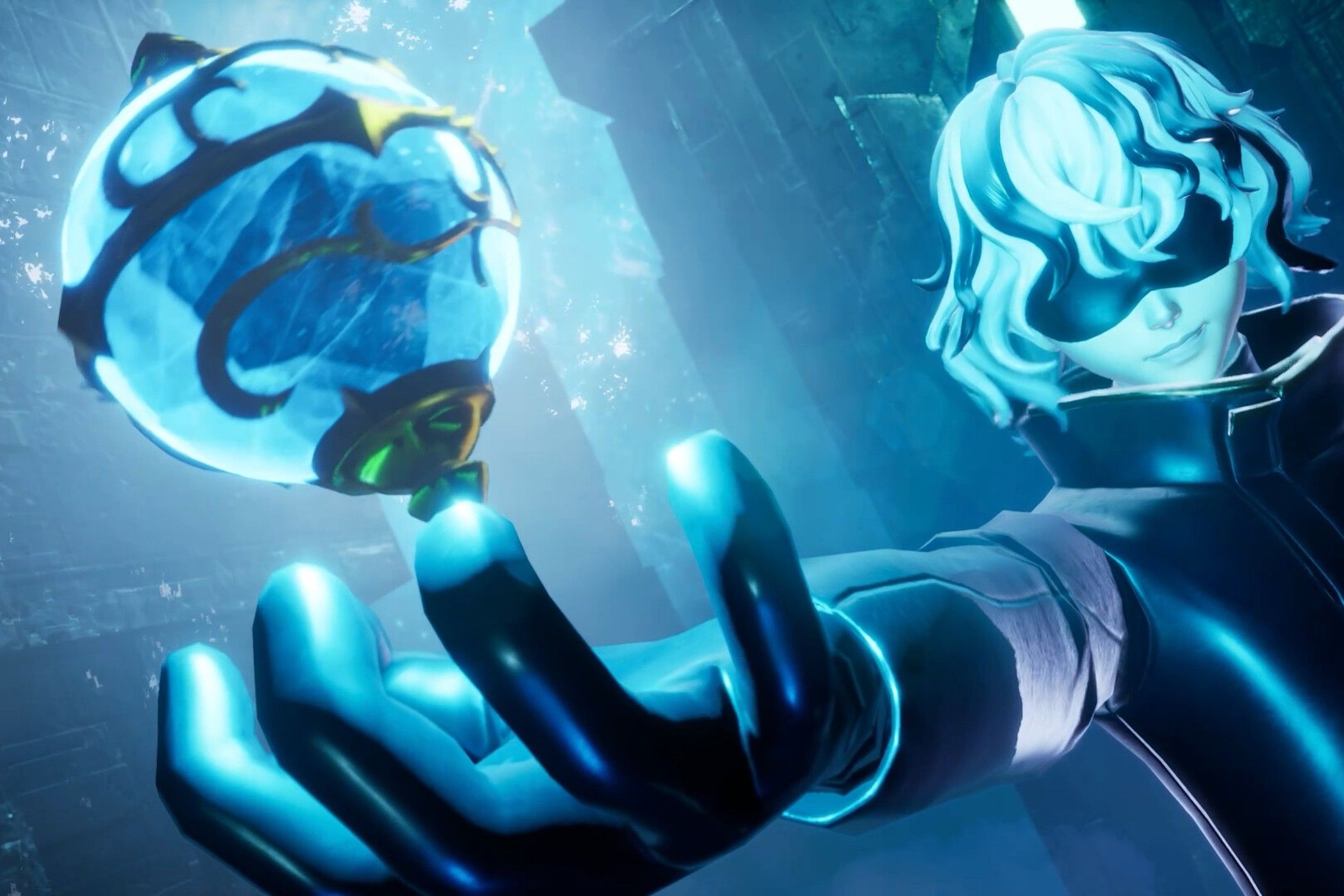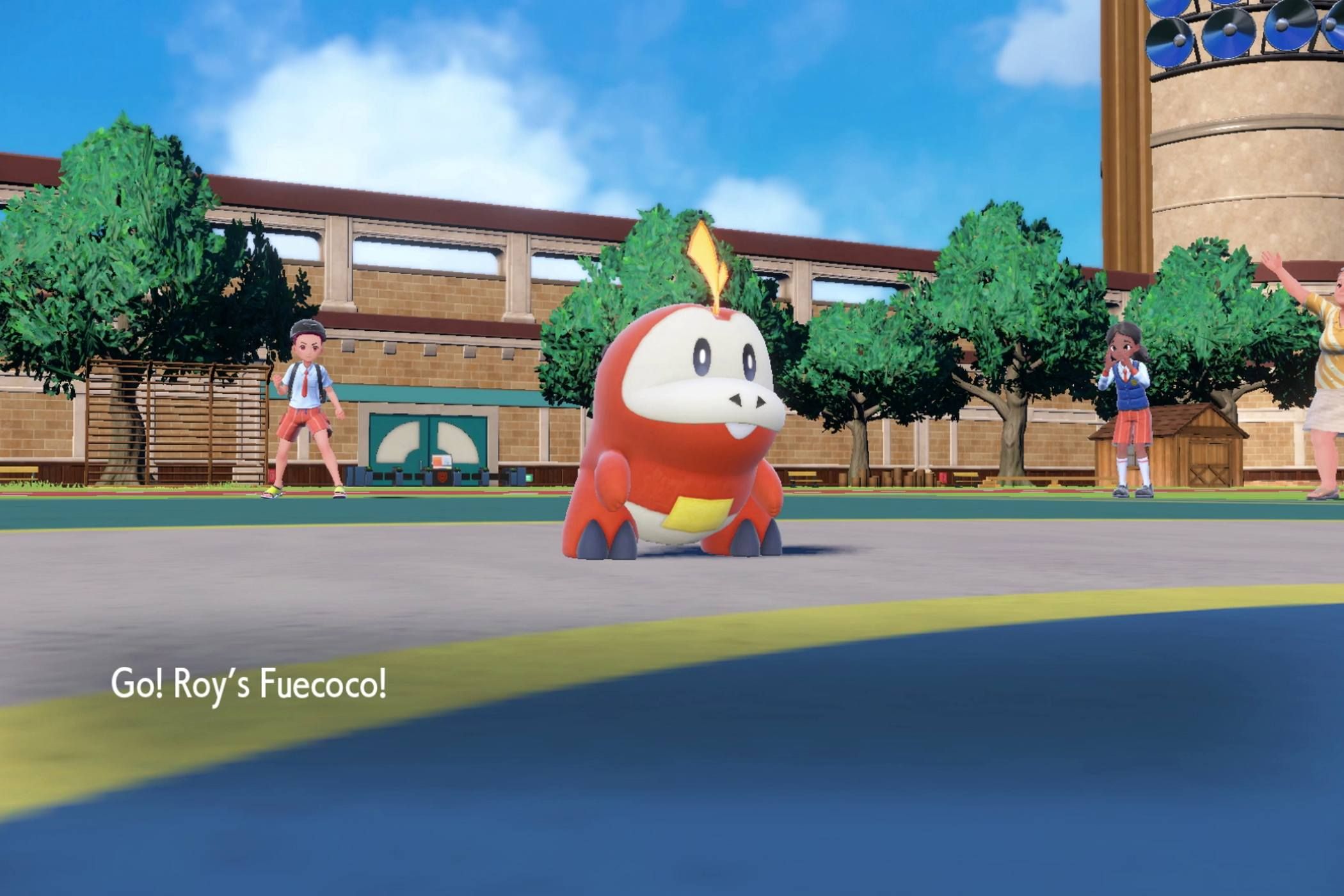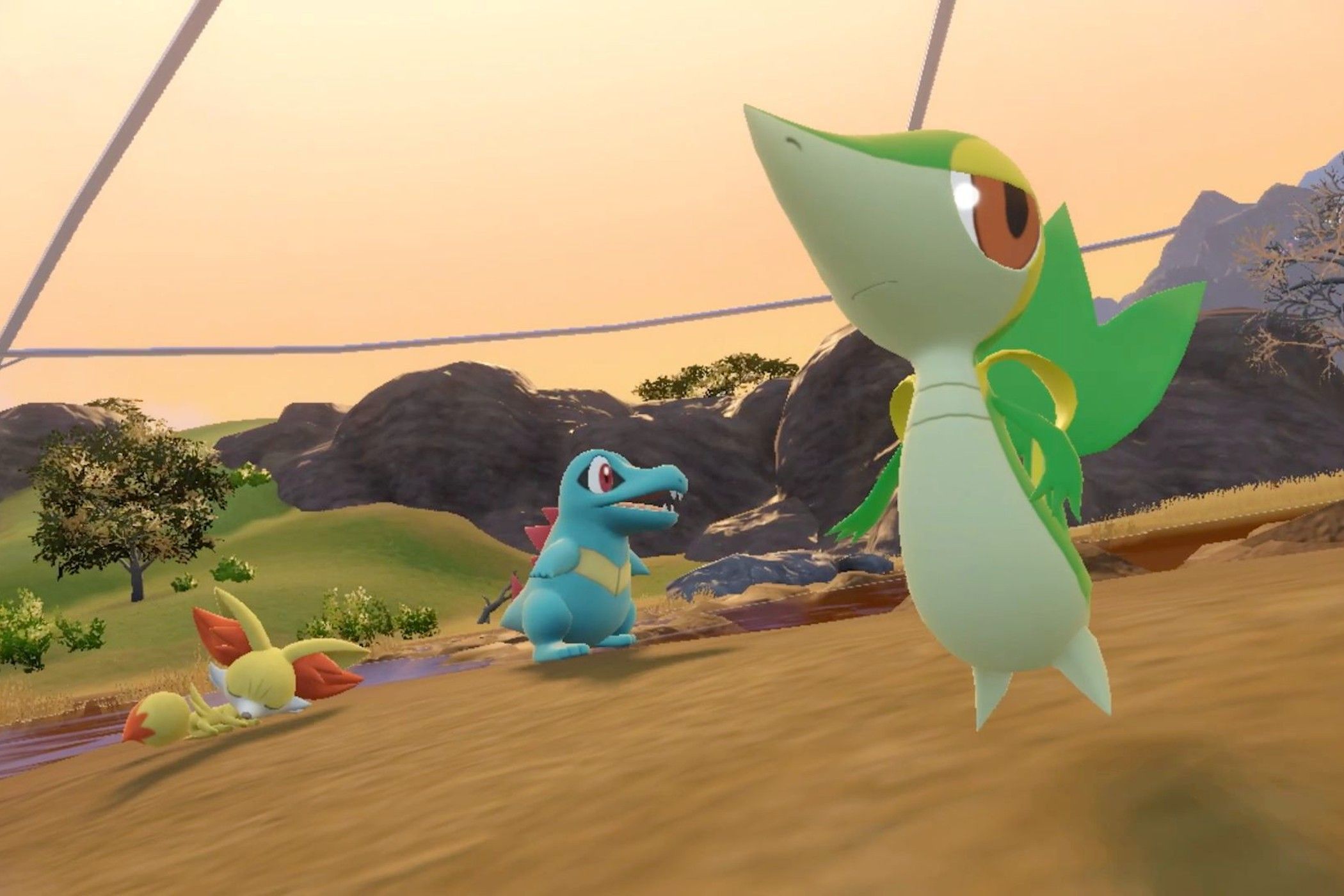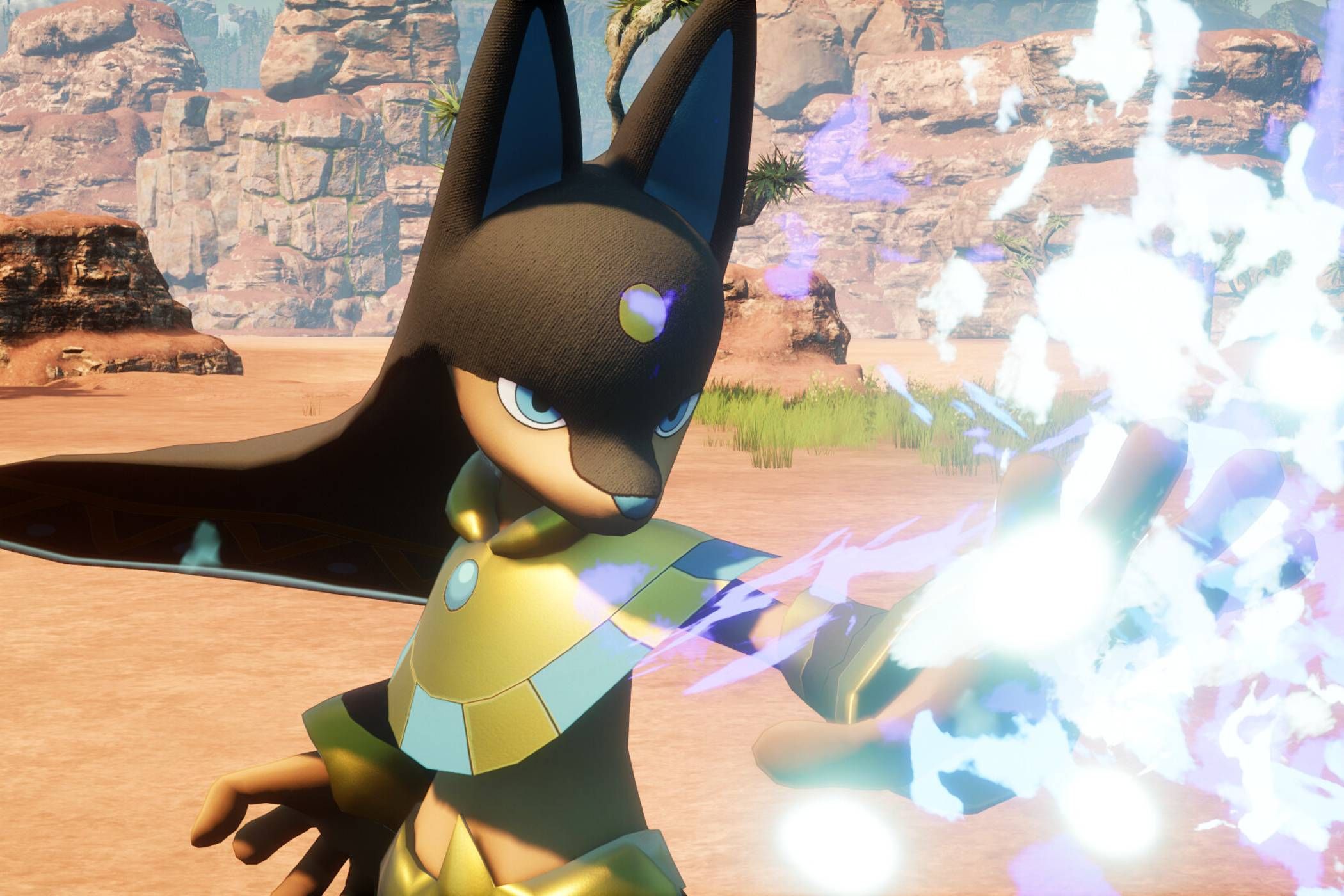
Key Takeaways
-
Palworld
‘s
gameplay mechanics closely resemble
Pokémon
‘s, leading to Nintendo’s patent infringement claim. - Nintendo’s lawsuit against
Palworld
sets a dangerous precedent for gaming innovation since broad patent claims could stifle creativity and innovation in the gaming industry. - Pocketpair’s future is uncertain because it faces a potential legal loss and gameplay changes.
It’s understandable that companies like Nintendo want to protect their intellectual property, the company’s targetting of Palworld sets a dangerous precedent. It suggests that even broad, seemingly innocuous game design elements can be patented, hurting innovation and creativity in the industry and making games worse for everyone.
Why Is Nintendo Suing Palworld?
Palworld is a popular game where players catch monsters named Pals that help with survival and crafting. While many games have elements of monster collecting, the way that Palworld does it is very similar to Nintendo’s Pokémon monster-catching mechanics. In fact, building up to release “Pokémon with guns” was thrown around more than once.
The lawsuit between Nintendo and Pocketpair, the creators of Palworld, centers around alleged patent infringement. Palworld is similar to Pokémon, Nintendo’s iconic franchise. Players in Palworld catch and train Pals to battle each other and explore a vibrant world that inhabits these Pals. The lawsuit, filed in the Tokyo District Court, claims Palworld infringes on multiple patents held by Nintendo and The Pokémon Company.
While Palworld launched in early access in January 2024, Nintendo waited until September to file the lawsuit. The reason for this delay is unclear, but it’s possible Nintendo was taking their time to observe the game mechanics, build a case, and wait for the right moment to act. By delaying the lawsuit, Nintendo could have maximized its potential leverage, as Palworld had already established a significant player base and gained a good deal of money.
Why the Lawsuit Is So Concerning
Nintendo isn’t alleging copyright infringement, but something worse. Copyright infringement protects original works like authorship, art, and the creative process. If this were the case, Pocketpair could easily switch out the models of the Pals with very little issue.
In gaming, patent and trademark infringement deals with the game’s mechanics, systems, and even specific design choices in the gaming world. Copyright covers the expression of an idea, like the design of a Pokémon (how a game looks), while a patent covers the underlying invention itself (how a game plays).
It would be straightforward for Nintendo to argue that Pals are just Pokémon. You use a sphere to catch monsters, and a higher quality sphere gives you better chances to catch these monsters. You then train the monsters to battle other monsters and trainers, and they learn new techniques as they level up. The ultimate goal is to go to an arena and battle a leader who uses high-level monsters. Also, there’s a rogue team of bandits that capture monsters for ill gain.
Take the paragraph above and switch “monsters” with “Pals,” and you have Palworld, but if you switch it with “Pokémon,” you have Pokémon. The paragraph above lists game mechanics, and that’s what Nintendo could sue Pocket Pair for. The key difference lies in the scope of protection.
Two of the best examples of why this is bad for the industry come from Bandai Namco and Warner Bros. The former is why we had to sit through boring loading screens when we were younger. Until 2015, Bandai Namco had a patent for adding little games to loading screens. These mini-games were separate from the main game and helped pass the time while you waited.
The Nemesis system from Warner Bros.’ Shadow of Mordor generated unique and memorable enemy characters that remembered previous encounters and could react to the world and those in it uniquely. It is one of the best storytelling systems in a game, but it was patented. This means no other game can use a similar system unless they prove it is implemented differently. Unfortunately, the Nemesis system seems to have died with the Shadow of Mordor games since we haven’t seen them since Shadow of War had a disastrous launch.
The result is that developers can’t take these ideas and push them further, so gamers won’t see cool systems and mechanics improve over time. In the end, both players and the industry as a whole are losers.
What This Could Mean for Games Going Forward
Nintendo’s lawsuit against Palworld, while seemingly focused on a single game, could have far-reaching implications for the gaming industry as a whole. This isn’t about a single game “copying” Nintendo, this is about Nintendo trying to use the legal system to snuff out a real competitor.
This lawsuit, while perhaps justified from Nintendo’s perspective, could have a chilling effect on innovation and competition. It’s easy to see how developers might become hesitant to take risks and iterate on ideas if they fear being sued for infringing on broad and vaguely defined patents. Palworld gave players things they asked from Pokémon for a long time but never received—a mature version for an aging audience.
Basically, Palworld is to Pokémon what Stardew Valley is to Harvest Moon. Nintendo claims to love innovation, but mostly when it comes from Nintendo. Lawsuits like this will stop innovation because the risk of facing a lawsuit, even if ultimately unfounded, can be a major deterrent.
It’s not just about the financial burden but also the time and resources spent defending against these claims. Developers might choose to focus on established genres and gameplay mechanics instead of taking something and making it better. Very few companies have the money to take on Nintendo in a world where every monster collector gets a lawsuit because it’s kind of like Pokémon.
Ultimately, the impact of this lawsuit will depend on how the legal system interprets patent law and how the industry reacts. While Warner Bros. and Bandai Namco made two pretty broad patents, we didn’t see anyone challenge them by making a game with similar systems. We’ll finally see how big of a deal it is when a company tries.
Palworld’s Chances Don’t Look Good
While we don’t know the specifics of the patent infringement, one thing is clear: Nintendo doesn’t throw around lawsuits lightly. The company has a history of fiercely protecting its intellectual property, and its willingness to pursue legal action against Palworld suggests a strong belief in its case.
If Nintendo successfully proves that Palworld infringes on its patents, it could force the developers to change the game drastically. The game’s core gameplay loop revolves around capturing and training creatures, a mechanic undeniably inspired by Pokémon. If it’s everything related to Pokémon, then Pocketpair would have to strip away the very element that drew many players to Palworld in the first place.
The loss of the Pokémon-esque system will leave Palworld as a generic crafting survival game. That’s a genre that is already saturated with competitors. While Palworld offers unique features like gunplay and a crafting system, the charming monster collection aspect sets it apart. Without it, it’s hard to see how Palworld could compete in the survival genre.
The success of Palworld ended up being a double-edged sword for Pocketpair. On the one hand, the game’s success has helped the studio immensely, but that attention is likely what brought the ire of a legal juggernaut like Nintendo. However, we’ve seen even giants like Google lose when it came to lawsuits over competition.
If Pocketpair wins, we will easily see more games attempt to improve on features that could be patented. However, if Pocketpair loses, this is a big stake in the heart of the monster-collecting genre. Also, if Pocketpair has to abandon its core gameplay loop, it risks losing what makes Palworld stand out.
The potential loss of its unique selling point, on top of legal fees, leaves Palworld‘s future uncertain, highlighting the high stakes in this legal battle. But far greater than that are the implications that such a lawsuit will have on the wider industry in the future.
Source link










